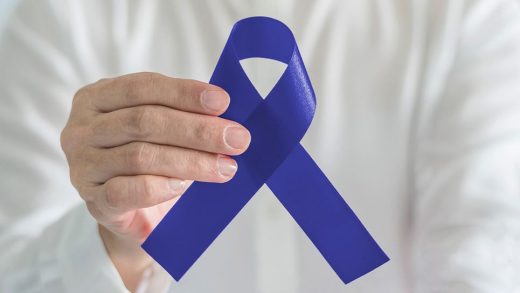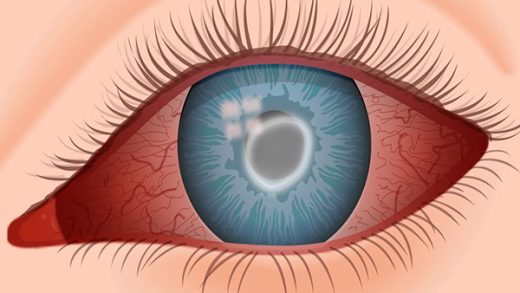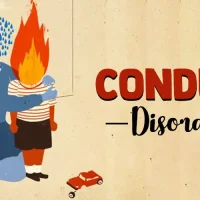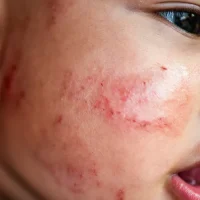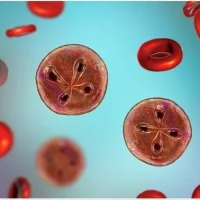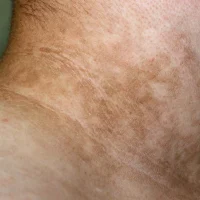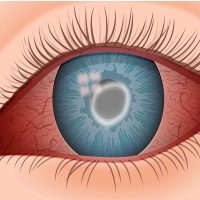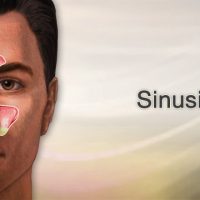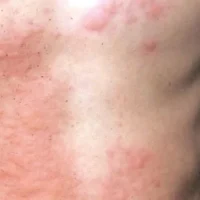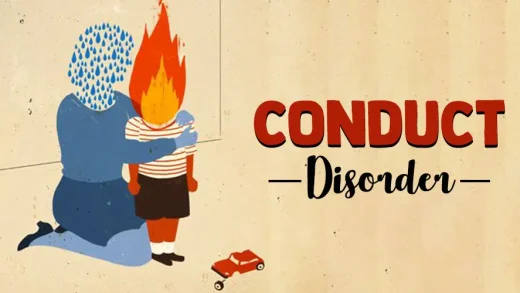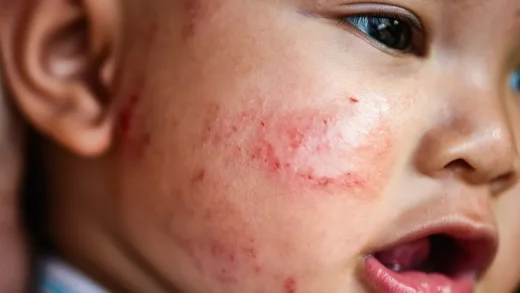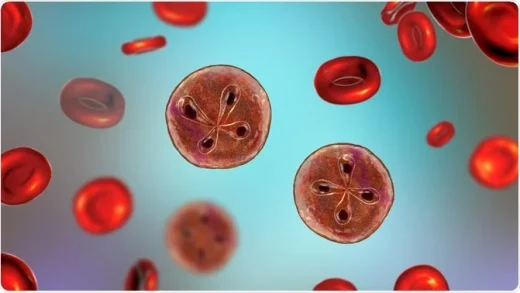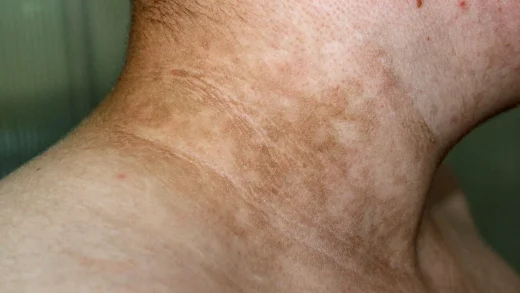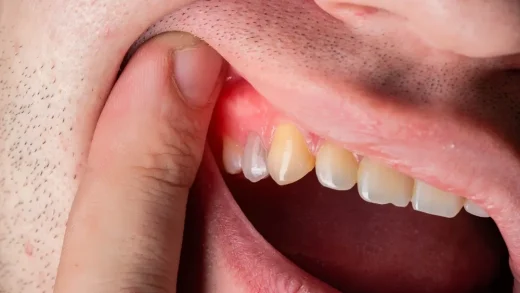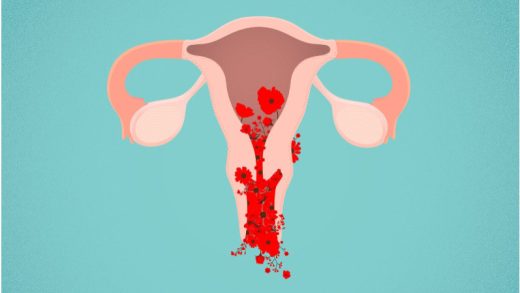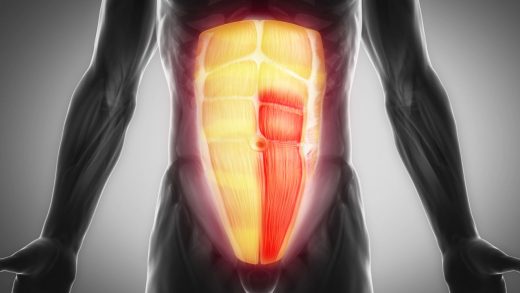What is sinusitis (sinus infection)?
Sinusitis is an inflammation, or swelling, of the tissue lining your sinuses. Sinuses are structures inside your face that are normally filled with air. Bacterial infections, viral infections and allergies can irritate them, causing them to get blocked and filled with fluid. This can cause pressure and pain in your face, nasal congestion (a stuffy nose) and other symptoms.
Sinusitis is also sometimes called rhinosinusitis.
What are sinuses?
Your sinuses are four paired cavities (spaces) in your head. Narrow passages connect them. Sinuses make mucus that drains out of the passages in your nose. This drainage helps keep your nose clean and free of bacteria, allergens and other germs (pathogens).
Types of sinusitis
We describe types of sinusitis based on how long it’s been going on (acute, subacute, chronic or recurrent) and what’s causing it (bacteria, virus or fungus).
Acute, subacute, chronic and recurrent sinusitis
- Acute sinusitis symptoms (nasal congestion, drainage, facial pain/pressure and decreased sense of smell) last less than four weeks. It’s usually caused by viruses like the common cold.
- Subacute sinusitis symptoms last four to 12 weeks.
- Chronic sinusitis symptoms last at least 12 weeks. Bacteria are usually the cause.
- Recurrent acute sinusitis symptoms come back four or more times in one year and last less than two weeks each time.
Bacterial and viral sinusitis
Viruses, like the ones that cause the common cold, cause most cases of sinusitis. Bacteria can cause sinusitis, or they can infect you after a case of viral sinusitis. If you have a runny nose, stuffy nose and facial pain that don’t go away after ten days, you might have bacterial sinusitis. Your symptoms may seem to improve but then return and are worse than the initial symptoms. Antibiotics and decongestants usually work well on bacterial sinusitis.
Fungal sinusitis
Sinus infections caused by fungus are usually more serious than other forms of sinusitis. They’re more likely to happen if you have a weakened immune system.
How do I know if I have sinusitis, COVID, a cold or an allergy?
Colds, COVID-19, allergies and sinus infections all have similar symptoms. It can be difficult to tell them apart. The common cold typically builds, peaks and slowly disappears. It lasts a few days to a week. Nasal allergies cause sneezing, itchy nose and eyes, congestion, runny nose and postnasal drip (mucus in your throat). They usually don’t cause the facial pain that sinus infections do. COVID-19 can cause additional symptoms, like fever and shortness of breath.
A cold, COVID or allergies can all cause sinus infections. You can test yourself or have a provider test you for some viral infections, like COVID-19 and the flu.
Symptoms and Causes
What are the signs and symptoms of sinusitis?
Common symptoms of a sinus infection include:
- Postnasal drip (mucus dripping down your throat).
- Runny nose with thick yellow or green mucus.
- Stuffy nose.
- Facial pressure (particularly around your nose, eyes and forehead). This might get worse when you move your head around or bend over.
- Pressure or pain in your teeth.
- Ear pressure or pain.
- Fever.
- Bad breath (halitosis) or a bad taste in your mouth.
- Cough.
- Headache.
- Tiredness.
What causes sinus infections?
Viruses, bacteria, fungi and allergens can cause sinusitis. Specific triggers for sinusitis include:
- The common cold.
- The flu (influenza).
- Streptococcus pneumoniae bacteria.
- Haemophilus influenza bacteria.
- Moraxella catarrhalis bacteria.
- Nasal and seasonal allergies.
What are the risk factors for sinusitis?
Some people are more likely to get sinusitis than others. Risk factors include:
- Nasal allergies.
- Asthma.
- Nasal polyps (growths).
- Deviated septum. Your septum is a line of tissue that divides your nose. A deviated septum isn’t straight, narrowing the passage on one side of your nose. This can cause a blockage.
- A weakened immune system. This can be from illnesses like HIV or cancer, or from certain medications.
- Smoking.
Is sinusitis contagious?
Sinusitis itself isn’t contagious. But the viruses and bacteria that can cause it are. Remember to follow good handwashing practices, avoid other people if you’re sick and sneeze or cough into your elbow.
What happens if sinusitis is left untreated?
You don’t necessarily need to treat sinusitis — it often goes away on its own. Very rarely, untreated sinus infections can lead to life-threatening infections. This happens if bacteria or fungi spread to your brain, eyes or nearby bone.
Diagnosis and Tests
How is a sinus infection diagnosed?
Healthcare providers diagnose sinusitis based on your symptoms and health history. A provider will check your ears, nose and throat for swelling, draining or blockage. They might use an endoscope (a small, lighted instrument) to look inside your nose.
A primary care provider may also refer you to a specialist, like an otolaryngologist (also called an ENT — an ear, nose and throat specialist).
Specific tests to diagnose sinusitis
Specific tests your provider might order to diagnose sinus infection include:
- Nasal endoscopy.
- Nasal swabs. Your provider may use a soft-tipped stick to get a fluid sample from your nose. They’ll test it for viruses or other germs that might be causing your symptoms.
- Imaging. In some cases, your provider might order a computed tomography (CT) scan to better understand what’s happening inside your sinuses.
- Allergy testing. If you have chronic sinusitis, your provider may test you for allergies that could be triggering it.
- Biopsy. Rarely, a provider may take a tissue sample from your nose for testing.
Management and Treatment
How is sinusitis treated?
There are many treatment options for sinusitis, depending on your symptoms and how long you’ve had them. You can treat a sinus infection at home with:
- Decongestants.
- Over-the-counter (OTC) cold and allergy medications.
- Nasal saline rinses.
- Drinking plenty of fluids.
If symptoms of sinusitis don’t improve after 10 days, a provider may prescribe:
- Antibiotics.
- Oral or topical decongestants.
- Prescription intranasal steroid sprays. (Don’t use nonprescription sprays or drops for longer than three to five days — they may actually increase congestion.)
Providers treat chronic sinusitis by focusing on the underlying condition. Treatments can include:
- Intranasal steroid sprays.
- Topical antihistamine sprays or oral pills.
- Leukotriene antagonists, like montelukast.
- Surgery to treat structural issues, polyps or fungal infections.
What are the best medications for a sinus infection?
If you need an antibiotic, which one your provider prescribes depends on your specific situation. Some options include:
- Augmentin (amoxicillin/clavulanate).
- Amoxicillin.
- Doxycycline.
- Levofloxacin.
- Cefixime.
- Cefpodoxime.
- Clindamycin.
Are complementary and alternative therapies useful for treating sinusitis?
You might find acupressure, acupuncture or facial massage helpful in reducing symptoms of sinusitis, including draining, pressure and pain. Ask a provider if these therapies might help in your specific case.
Do I need antibiotics for every sinus infection?
No. Providers often wait to see how long your symptoms last before prescribing antibiotics. Many sinus infections are caused by viruses. You can’t cure viral infections with antibiotics. Overusing antibiotics or using them to treat viral infections can lead to unnecessary side effects or antibiotic resistance. This may make future infections harder to treat.
Prevention
Can sinusitis be prevented?
Depending on the cause, there are a few ways to reduce your risk of getting sinus infections, including:
- Rinsing your nose with saline (salt water) as directed by your provider.
- Taking steps to prevent allergies. This includes medications, allergy shots and avoiding your known allergy triggers (like dust, pollen or smoke).
- Using steroid nasal sprays if your provider recommends them.
- Establishing good handwashing and other habits that reduce your risk of getting sick with infectious diseases.
- Avoiding smoke. There are ways to help you quit smoking, if you do.
Outlook / Prognosis
What can I expect if I have sinusitis?
Sinusitis usually only lasts a week to 10 days. You can usually treat it with over-the-counter medicines and at-home treatments. If you have chronic sinusitis or if it keeps coming back, there may be underlying causes that you’ll need to treat.
Living With
When should you see a doctor for a sinus infection?
You can usually care for sinus conditions on your own. But if you continue to have symptoms that concern you or if you get infections repeatedly, talk to a healthcare provider. They can help you understand your next steps.
When should I go to the ER?
Go to the nearest emergency room or seek medical attention right away if you experience symptoms of a serious infection, including:
- High fever (over 103 degrees Fahrenheit/40 degrees Celsius).
- Confusion or other mental changes.
- Vision changes, especially if you have pain or swelling around your eyes.
- Seizures.
- Stiff neck.
What questions should I ask my doctor?
You should ask your provider to show you how to properly use any devices they recommend. This includes nasal inhalers and nasal irrigation devices. It may also be helpful to ask:
- How can I treat a sinus infection at home?
- How do I take my medication?
- When should I follow up with you?
A note from DocAdvice
Sinus infections are common and usually not serious. They can have many causes, including viruses and bacteria, nasal polyps or allergies. You can usually care for yourself at home by resting, taking over-the-counter products and drinking plenty of fluids. Contact your healthcare provider if your symptoms don’t improve, if sinusitis happens often or if you have any symptom that worries you.

